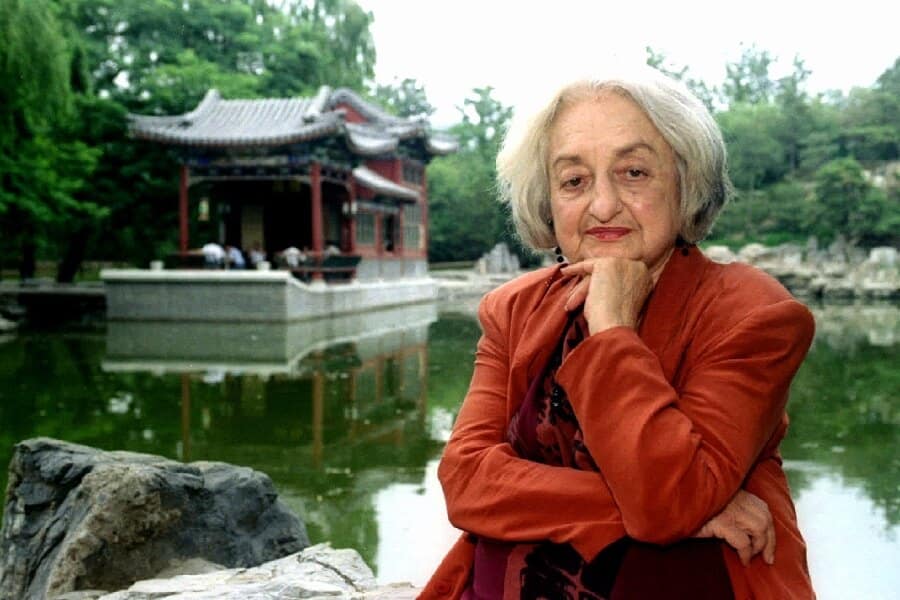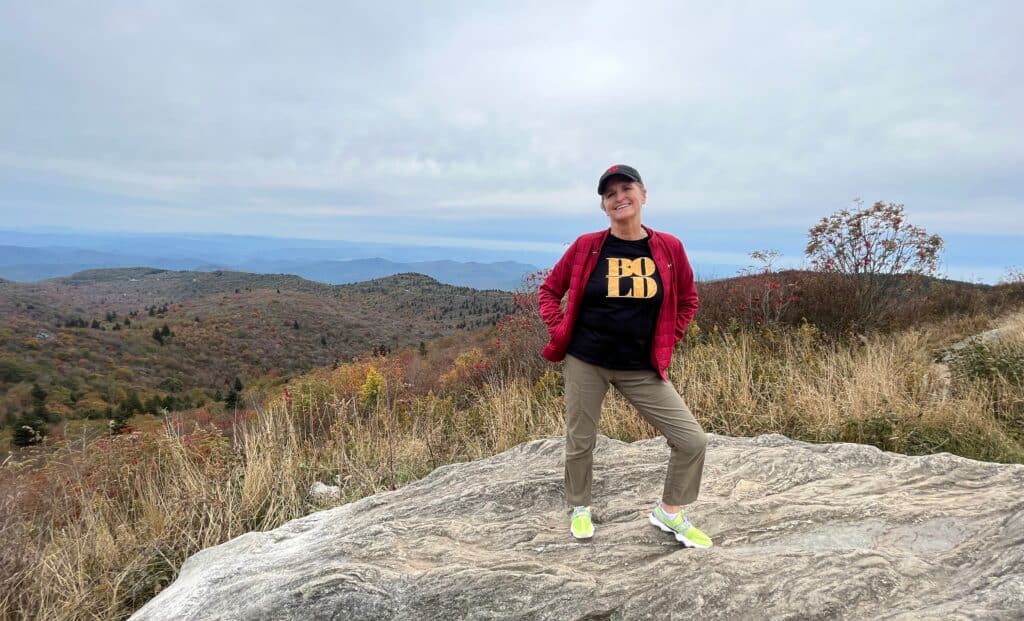The best way to measure the impact of Betty Friedan, who would have turned 100 on Feb. 4th had she not died in 2006, is to look at our mothers. Think where they were at the same age you are now. Many of us had moms who stayed at home to raise us, and then when the kids were out of the house, they might have taken on a small job here or there, or they simply brushed their hands together—their jobs done—and coasted into a future of grandkids and good-natured gripes about annoying retired husbands.
I like to think of these post-child, pre-drool years as my Second Twenties.
In addition to opening up possibilities in education, work, public service, and motherhood, Betty Friedan’s work—specifically her imperfect but landscape-altering book The Feminine Mystique—led to what I think of as the Golden Hour, a stage of life akin to the time after sunset that photographers consider the most beautiful light. I’ve also thought of these post-child, pre-drool years as my Second Twenties, when I feel free to figure out the best course for my future, the way I did when I first got out of college—well, not exactly the way I did then since I have so much more experience and savvy now.
I’m not alone in this feeling that all sorts of possibilities are now opening to me, rather than shutting down, as must have been the case for generations of women at this age. “I feel like I’m picking up where I left off before I got married and had kids,” Beverly Willet, the author of the memoir Disassembly Required, told us. “Taking stock of where I am now, I see the young woman who was in law school and then a single working lawyer. I’m a lot older physically, but mentally and emotionally, I feel like her again.”
Read More: Instead of “You Don’t Look Your Age,” This is the Compliment I’d Rather Hear
Betty Friedan and My Mother
When I look at my mother, I am incredibly grateful for the childhood she and my father gave me. But at the same time, I feel sorry for her for what she doesn’t know about herself. She graduated from an Ivy-League university, but worked only a couple of years before she started having kids. Her keen intellect could have made her a success as so many different careers. Yes, my brothers and I benefitted from her staying at home with us, but she never had the chance to develop more of herself. Could she have been a writer like I am? Could she have run for office? She will never know the answer.
My mother seemed to go straight from raising kids to being old.
“I guess there are a lot of `maybes’ for me. What I maybe could have done,” she once told me. But in the next breath she will say she’s not a feminist, and I know she rejects the Betty Friedans of the world. It’s easier, less painful, to reject those who challenge the decisions you made for your own life. But what she doesn’t get, I don’t believe, is that she didn’t have decisions to make about her path. Society, culture, tradition imposed the decisions on her. That’s what makes her life as a mom different than those women who choose to stay at home to raise their kids now.
So having no up-to-date skills or training to build on and little confidence in her capabilities, she has not pursued any real personal goals or passions since my little brother left for college. For 30 years, she has been volunteering for various organizations, playing bridge, taking care of grandkids, which is extremely important of course, and being a support and companion to my father. Thirty years is a long time. Time enough to write a book, or master an instrument, or change a corner of the world working for an NGO.
Old Before Their Time
In other words, my mother seemed to go straight from raising kids to being old, her post-kids life filled with the kind of activities that traditionally mark the elder years. But she was in her mid-50s when this change happened, not at all elderly. She is still sharp and active. This is why I get sad.
Now, most women I meet in the 50-plus bracket seem anything but old. They don’t look old—and I’m not referring to any cosmetic treatments they may have had. They simply don’t dress old, or wear their hair in some Betty-Crocker-model style. And they don’t act old. They carry themselves differently, with more energy (or is it confidence? swagger?), and women this age are very often pushing their physical limits and, always, society’s expectations.
When I think of where we might be without Betty Friedan, I see endless bridge games and untested selves. So, thank you Betty Friedan.
Read More: A 92-Year-Old Filmmaker’s 5 Secrets to a Long and Fascinating Life





















0 Comments